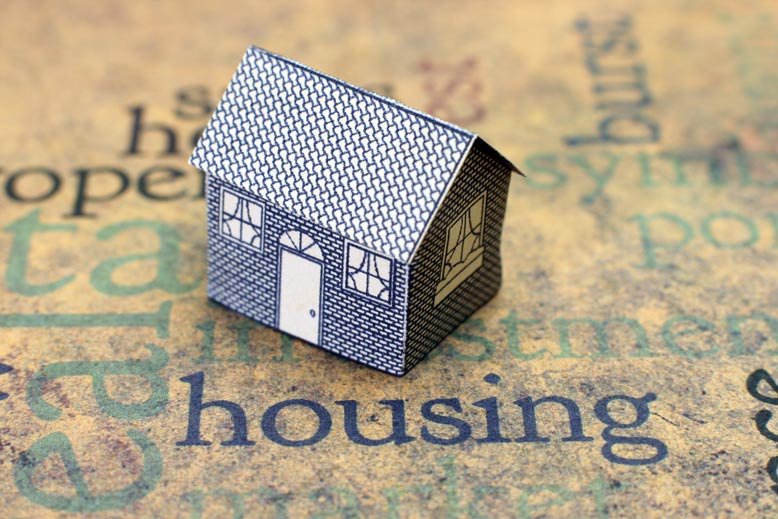The federal government may be poised to unveil a special savings account and tax breaks for first home buyers in next week’s budget, despite government ministers refusing to confirm leaked reports in the media at the weekend.
With the housing affordability crisis close to the top of voter concerns, the federal Treasurer last week appeared to change focus from the housing sector to infrastructure, but those hoping to get into the housing market will be encouraged to hear the issue may be tackled, if in limited form only.
Reports suggested that Treasurer Scott Morrison’s upcoming budget would feature a provision allowing aspiring first home buyers to salary sacrifice in order to raise their needed deposits.
If that is true, it will be a case of back to the future, as a similar measure was introduced during Kevin Rudd’s first turn as prime minister before being scrapped by the Abbott government.
While Resources Minister Matt Canavan would not deal in specifics during a Sky News interview on Sunday, he stressed that home ownership would be a key theme of the upcoming budget.
“We are focused on making sure Australians can afford a home,” he said. “It is a fundamental principal.”
Under the Labor scheme, First Home Saver Accounts saw the government make co-contributions of up to $1020 (or 17 per cent) on the first $6000 that account holders deposited each year.
While there were tax concessions associated with the accounts, there were also restrictions around access to the funds, including that they were only to be used towards payment for first homes.
That scheme proved to be something of a disappointment. While Labor treasurer Wayne Swan predicted as many as 750,000 accounts would be established, only 46,000 had been opened when his successor, Abbott-era treasurer Joe Hockey, wound it up six years later in 2014.
And there was no shortage of critics, including the consumer group CHOICE, which complained in a submission to Treasury that it provided disproportionate assistance to high-income earners while doing little to help those who genuinely needed it.
“We are unaware of any evidence to suggest that sufficient savings are more difficult to achieve for higher-income earners,” CHOICE noted sarcastically.
Another criticism came from Treasury itself, which warned that the scheme as initially conceived would be complex to administer while not benefitting those on low incomes.
If the Turnbull government is indeed planning to revive home-saver accounts or something similar, the one near-certainty is that government contributions and associated tax breaks will need to be far more substantial if they are to have a positive impact than under Labor, when house prices were substantially less.
According to the Australian Bureau of Statistics, the national average home price rose a staggering 4.1 per cent in the last quarter of 2016 alone, and 7.1 per cent for the year.
Despite First Home Saver Accounts being in effect for six years, Labor frontbencher Mark Butler insisted on Sunday that they had not had time to work – and, if something similar were to be re-introduced, it wouldn’t do much good anyway.
“The critical message is this,” he told the ABC’s Insiders, “you cannot deal with housing affordability in Australia without dealing with negative gearing.”
Greens senator Sarah Hanson-Young also rejected the notion that salary sacrificing would have a major effect.
“We have to bring the pressure down, not just give people more money to go straight into the hands of property investors.”

